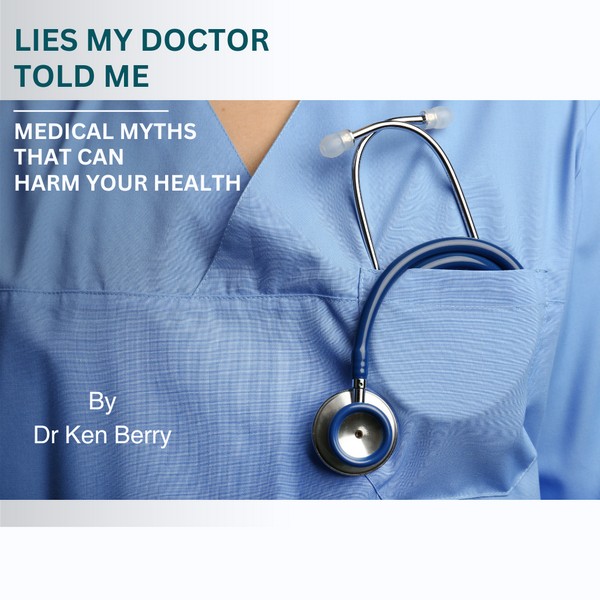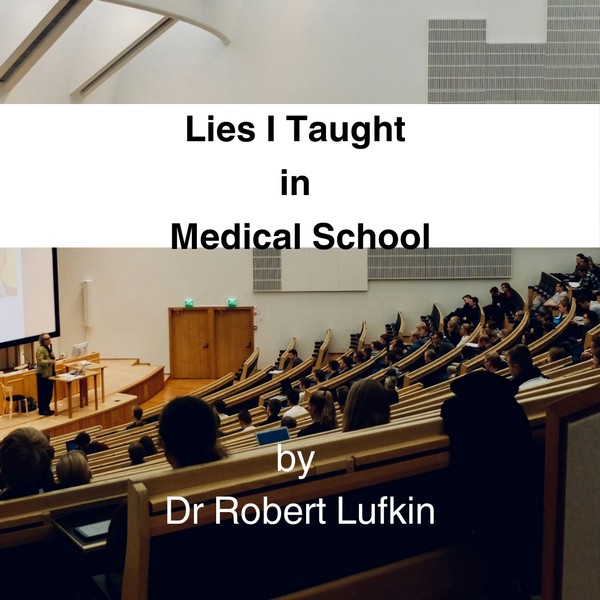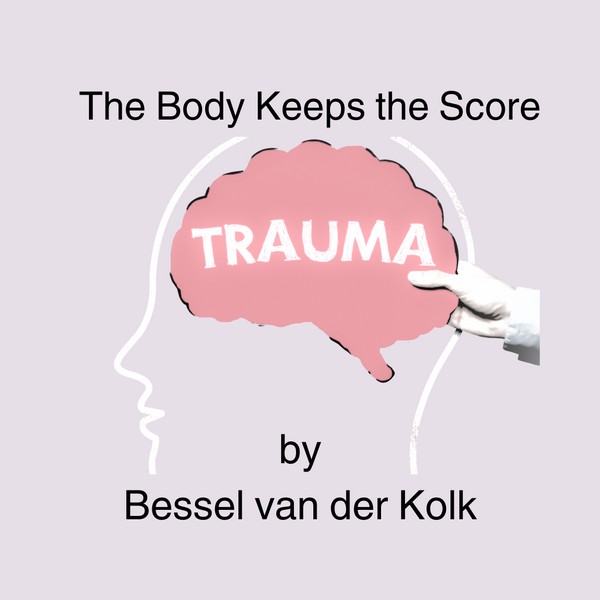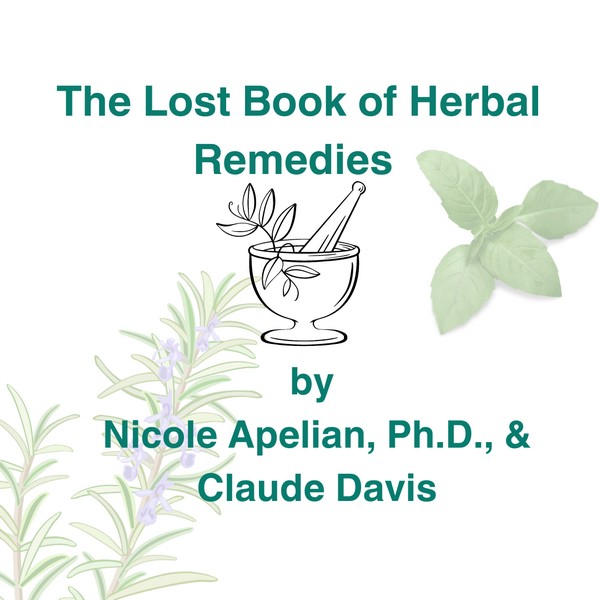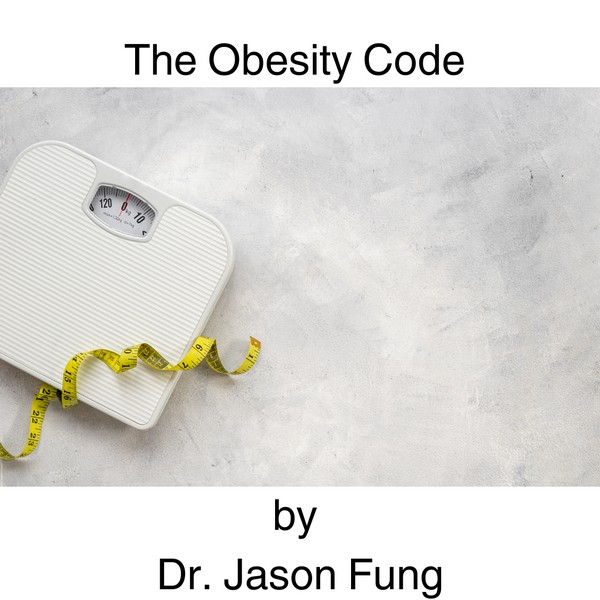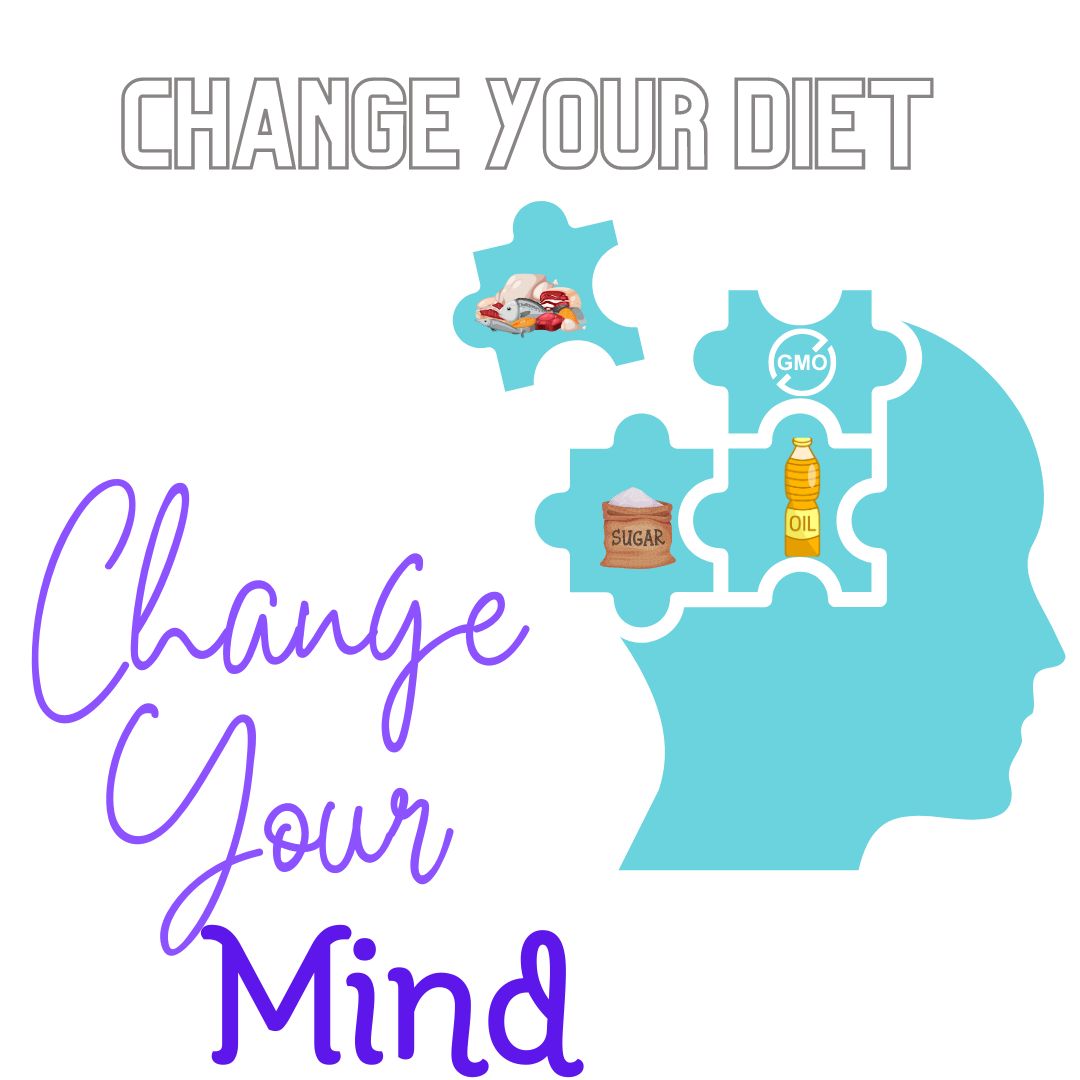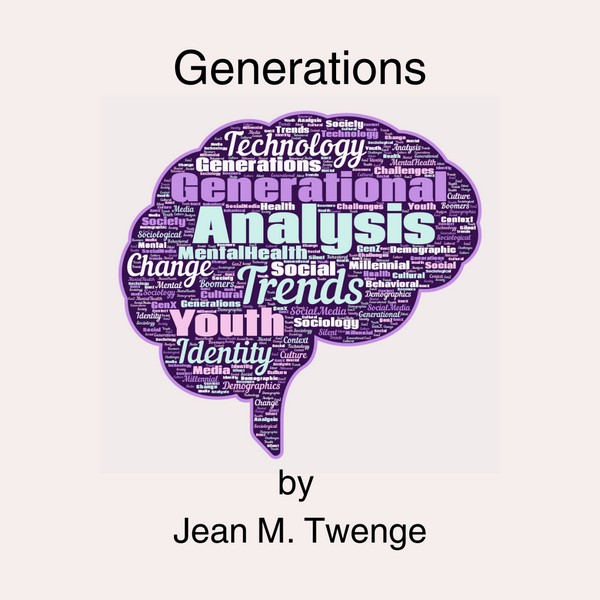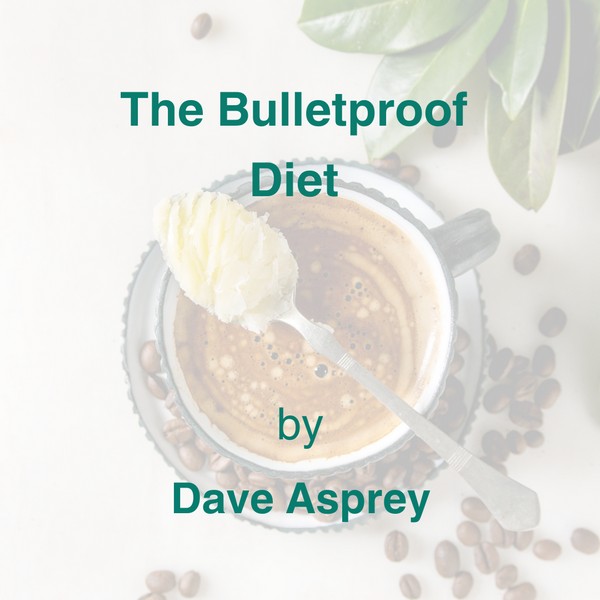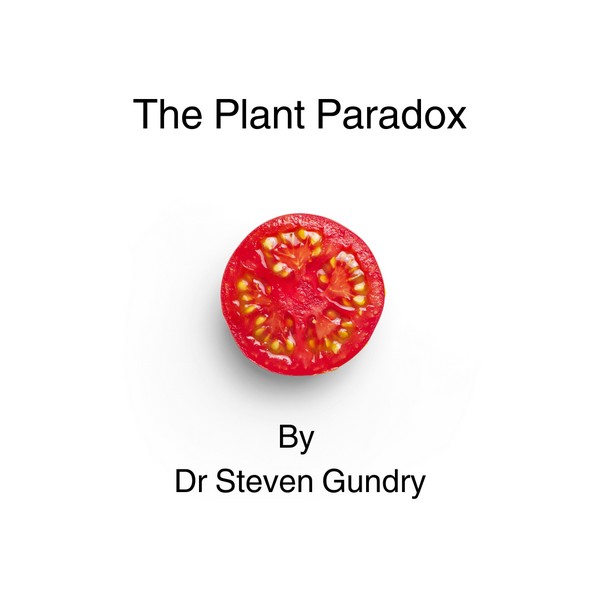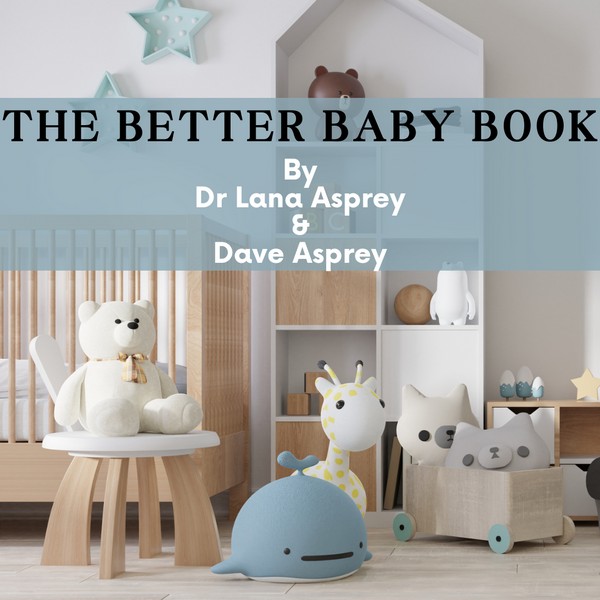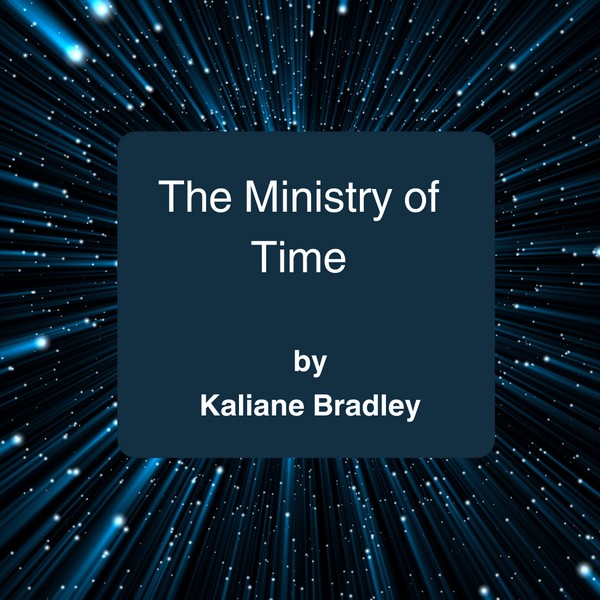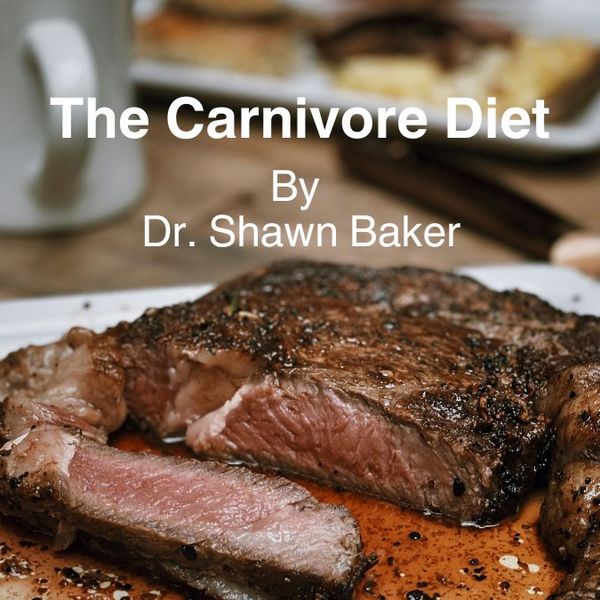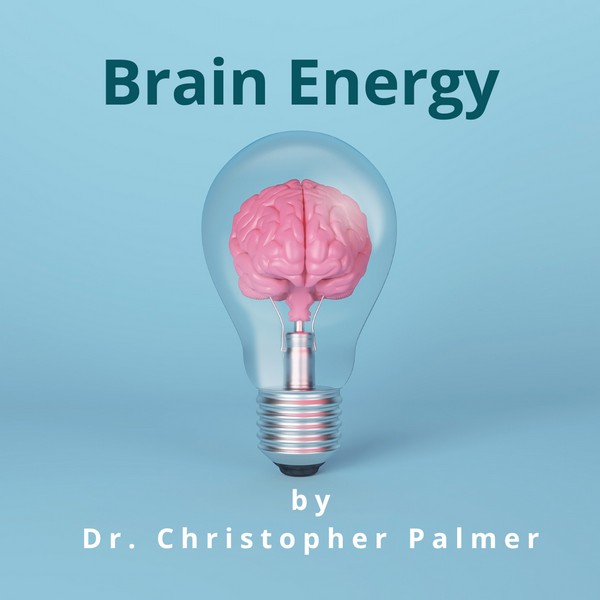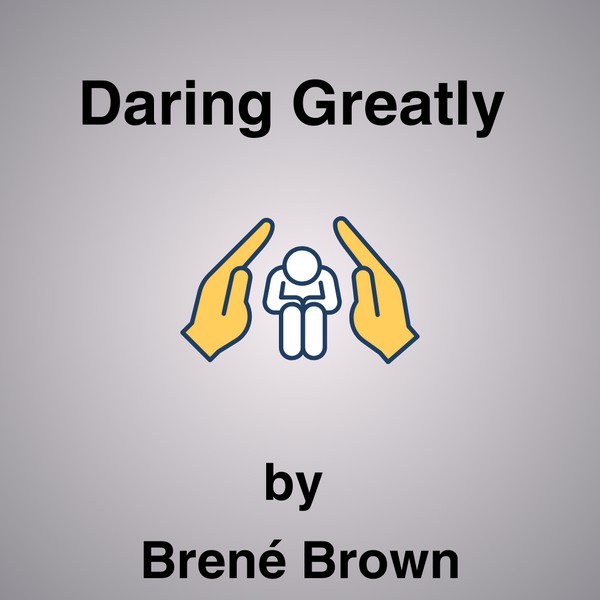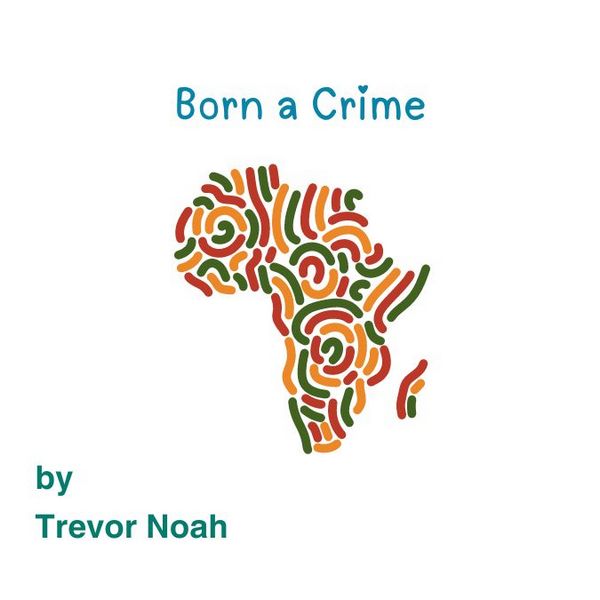Key Takeaways
- Explores human evolution’s impact on modern health and behavior.
- Introduces “mismatch disease” concept linking past and present issues.
- Discusses diet, education, technology from an evolutionary perspective.
- Offers practical advice for aligning modern life with primal needs.
- Encourages reflection on societal changes and personal habits.
In “A Hunter-Gatherer’s Guide to the 21st Century,” evolutionary biologists Heather Heying and Bret Weinstein tackle the complex relationship between human nature and modern society. This book is presented from evolutionary thinking, explaining how understanding our past can inform our approach to contemporary challenges.
Keeping in focus rapid technological and social changes, the authors propose that many modern ailments, from chronic stress to metabolic disorders, can be addressed by recognizing our primal needs.
Summary of the Book
Heying and Weinstein begin by setting the stage with a discussion on the evolution of life and the development of human societies. They introduce the concept of the “mismatch disease”—problems that arise because our bodies and minds are ill-adapted to modern conditions.
The book is structured around several key aspects of life, including food, sleep, education, and medicine, dissecting how ancient instincts collide with contemporary life.
Critical Analysis
The strength of the book lies in its interdisciplinary approach, weaving insights from anthropology, psychology, and biology with real-world observations. The authors excel in making complex scientific concepts accessible and relevant, using anecdotal evidence and historical contexts to bridge the gap between theory and practice.
However, their critics might argue that the book occasionally oversimplifies complex societal issues or leans too heavily on evolutionary determinism as a catch-all explanation for modern woes.
Personal Reflection
Reading “A Hunter-Gatherer’s Guide to the 21st Century” provoked a mixture of agreement, skepticism, and introspection. It was particularly thought-provoking to consider the authors’ viewpoints on modern education and technology’s role in shaping our cognitive processes.
Their discussion on dietary habits resonated particularly, highlighting the stark contrasts between our ancestors’ diets and our current food industry.
🥩How the science on red meat intake is flawed
— The Darkhorse Podcast (@thedarkhorsepod) February 18, 2024
Shout out to @alexandrosM
Clip with @HeatherEHeying and @BretWeinstein from DarkHorse @rumblevideo Livestream:https://t.co/XXSMp7JyJa
Reference: https://t.co/yFKH0hvH5s pic.twitter.com/6XzfxZYfqz
Comparison with Other Works
This book can be compared to “Sapiens” by Yuval Noah Harari, as both delve into the evolutionary backgrounds of human societies and their impacts on today’s world.
However, Heying and Weinstein’s work stands out by offering more practical advice on navigating the challenges posed by our evolutionary mismatches.
About the Authors: Heather Heying and Bret Weinstein

Heather Heying
Heather Heying is an evolutionary biologist with a deep interest in human behavior and ecosystems. She earned her Ph.D. in Biology from the University of Michigan, where she specialized in the evolutionary dynamics of species and habitats. Heying is known for her thought-provoking discussions on the intersection of science and society and has been a prominent voice advocating for the application of evolutionary principles to understand contemporary human challenges.
Beyond academia, she is an avid explorer and has conducted numerous field studies in the rainforests of Central and South America.
Heather Heying’s Substack, “Natural Selections,” delves into the intricate connections between evolution and various facets of life, from biology to culture, using an evolutionary lens to explore topics ranging from the behavior of hummingbirds to human cultural practices.
The newsletter encourages critical thinking and scientific inquiry, challenging conventional wisdom and promoting a deeper understanding of science as a dynamic and accessible field, while inviting readers to engage with a wide range of topics that demonstrate the ubiquity of evolutionary processes.

Bret Weinstein
Bret Weinstein is also an evolutionary biologist, with a background that combines rigorous scientific research with broad societal analysis. He received his Ph.D. in Biology from the University of Michigan, focusing on evolutionary theory.
Weinstein’s career has spanned both teaching and research, with a particular emphasis on how evolutionary processes inform current affairs and public policy. Known for his intellectual bravery, he frequently engages in public discourse regarding the implications of scientific understandings for future human thriving.
Together
As a married couple, Heying and Weinstein blend their expertise and perspectives to tackle some of the most pressing issues faced by modern society through an evolutionary lens. Their collaborative work, including “A Hunter-Gatherer’s Guide to the 21st Century,” seeks to illuminate the paths through which humans might navigate the complexities of contemporary life while staying true to their evolutionary roots.
Their discussions are enriched by their experiences in the field and their commitment to applying scientific insights to enhance human well-being.
We’re going to talk about Darwinian evolution today on DorkHorse. 11:30am Pacific. What’s wrong with our model, and what’s right with it—and why so many people are confused.https://t.co/R0OXiQI1jq
— Bret Weinstein (@BretWeinstein) April 24, 2024
The DarkHorse Podcast, hosted by Bret Weinstein and Heather Heying, explores complex topics across a wide range of disciplines including science, politics, and culture. The podcast is known for its in-depth discussions that often challenge mainstream perspectives, fostering a platform for open dialogue on controversial and emerging issues.
Bret and Heather, both evolutionary biologists, bring a critical and scientific lens to the conversations, encouraging listeners to think deeply about the underlying principles that influence modern society and human behavior.
The podcast can be found on Youtube, Rumble, Spotify and Apple
Do you think understanding our hunter-gatherer past can help us cope with the challenges of the 21st century? Join the conversation
Visit the Hunter Gatherers site for a Free Excerpt
Pick up your copy at Amazon.com
Conclusion
“A Hunter-Gatherer’s Guide to the 21st Century” is both a compelling read and a call to action. It challenges readers to critically evaluate how far we’ve strayed from our evolutionary roots and what we can do to realign our lifestyles with our biology. Whether you’re a seasoned scholar of human evolution or a curious newcomer to the topic, this book provides valuable insights that are sure to spark debate and reflection.
FAQ: Understanding “A Hunter-Gatherer’s Guide to the 21st Century”
What is the main thesis of the book?
The book argues that understanding our evolutionary past can help us address modern health and social issues.
Who are the authors of the book?
Heather Heying and Bret Weinstein, both evolutionary biologists.
What are mismatch diseases mentioned in the book?
Diseases resulting from discrepancies between our evolutionary adaptations and modern environments.
Can the book’s insights apply to everyday life?
Yes, it offers practical advice for diet, sleep, and technology use.
How does this book compare to “Sapiens” by Yuval Noah Harari?
Both analyze human history, but this book focuses more on practical implications for modern life.
Is the book based on scientific research?
Yes, it integrates anthropology, biology, and psychology with current scientific research.
Who would benefit from reading this book?
Anyone interested in evolutionary biology, modern societal challenges, or personal health improvement.
Does the book discuss technology’s impact on humans?
Yes, it examines how modern technology influences our behavior and mental health.
Lies My Doctor Told Me by Dr. Ken Berry
Key Takeaways Exposes common health myths. Offers evidence against outdated medical advice. Advocates for low-carb, high-fat diets. Encourages critical examination of pharmaceutical influence. Stresses on…
Can’t Hurt Me – by David Goggins
Key Takeaways Resilience: David Goggins demonstrates how overcoming adversity builds strength. Accountability Mirror: Encourages daily self-reflection for personal growth. 40% Rule: Advocates pushing beyond perceived…
Toxic Superfoods by Sally K. Norton
Key Takeaways Understanding Oxalates: Sources: Found in many plant foods, including spinach, almonds, and sweet potatoes. Health Impact: High oxalate intake can lead to kidney…
Lies I Taught in Medical School by Dr Robert Lufkin
Key Takeaways Metabolic dysfunction is a common cause of many chronic diseases. Conventional medical advice often overlooks the importance of metabolic health. Lifestyle changes, including…
The Body Keeps the Score by Dr. Bessel van der Kolk
Key Takeaways Explores trauma’s impact on the body and mind. Advocates for integrating neuroscience with therapy. Highlights non-traditional healing methods like yoga. Stresses importance of…
Lost Book of Herbal Remedies by Nicole Apelian
Key Takeaways Details medicinal properties of common plants. Offers DIY instructions for natural remedies. Discusses plants for specific health issues. Encourages sustainable harvesting practices. Provides…
The Obesity Code by Dr. Jason Fung
Key Takeaways Analyzes obesity through hormonal lens. Critiques calorie-in, calorie-out model. Advocates managing insulin to lose weight. Discusses impact of cortisol and stress. Recommends timed…
Vitamin K2 and The Calcium Paradox by Kate Rheaume-Bleue
Key Takeaways Explains Vitamin K2’s role in calcium distribution. Links deficiency to bone and heart disease. Stresses synergy between Vitamin K2 and D3. Offers food…
The Complete Gardener by Monty Don
Key Takeaways Advocates for a no-dig gardening approach. Stresses on organic, self-sufficient methods. Covers both aesthetic and practical aspects. Provides tips for year-round garden care….
Don’t Believe Everything You Think by Joseph Nguyen
Key Takeaways Challenges the validity of common cognitive distortions, prompting critical self-reflection. Offers practical strategies to build and enhance mental resilience in daily life. Encourages…
Deep Nutrition by Catherine Shanahan, M.D.
Key Takeaways Traditional diets positively influence genetic expression and overall health. Modern diets high in processed foods and vegetable oils negatively impact health. The Four…
The Magnesium Miracle by Dr. Carolyn Dean
Key Takeaways Discusses magnesium’s critical role in health. Links magnesium deficiency to numerous diseases. Offers guidance on supplementation and diet. Examines overlooked symptoms of deficiency….
Change Your Diet, Change Your Mind by Dr. Georgia Ede
In the compelling book Change Your Diet, Change Your Mind, Dr. Georgia Ede challenges conventional wisdom about diet and mental health. Drawing on her extensive…
Generations by Jean M. Twenge
Key Takeaways: Jean M. Twenge explores the unique characteristics of six American generations. Analyzes data from 39 million people to show the impact of technology…
The Bulletproof Diet by Dave Asprey
The Bulletproof Diet is a nutrition and lifestyle book authored by Dave Asprey, the founder of the Bulletproof brand. This book outlines Asprey’s approach to…
The Plant Paradox by Dr. Steven Gundry
Key Takeaways Lectins as Toxins: Lectins can cause inflammation and various health issues, Dr. Gundry argues. Gut Health: Maintaining gut health is linked to overall…
Gardening at Longmeadow by Monty Don
Key Takeaways Emphasizes organic, seasonal gardening techniques. Offers practical advice for different garden sizes. Rich in personal gardening anecdotes. Highlights importance of plant positioning. Focuses…
The Diabetes Code by Dr. Jason Fung
This Is Your Brain on Food by Dr. Uma Naidoo
Key Takeaways Links diet to mental health conditions. Provides nutritional advice for anxiety and depression. Discusses gut-brain connection. Offers recipes for mental wellness. Encourages holistic…
The Magnesium Factor by Dr. Mildred Seelig & Dr. Andrea Rosanoff
Key Takeaways Explores magnesium’s role in cardiovascular health. Discusses interaction between magnesium and other minerals. Highlights symptoms of magnesium deficiency. Offers dietary advice for magnesium…
The Better Baby Book by Dr. Lana Asprey and Dave Asprey
Key Takeaways Focuses on optimal prenatal and early childhood health. Offers dietary recommendations for expecting mothers. Discusses environmental impacts on fetal development. Stresses importance of…
The Ministry of Time by Kaliane Bradley
Key Takeaways The Ministry of Time blends time travel romance, spy thriller, and workplace comedy. Explores themes of power, love, and historical defiance. Features a…
Let’s Get Lost by Finn Beales
Key Takeaways Showcases breathtaking remote locations through striking photography. Finn Beales’ narrative style blends personal insights with vivid description. Emphasizes the raw, untouched beauty of…
The Carnivore Diet by Dr. Shawn Baker
Key Takeaways Promotes all-meat diet for health. Argues for benefits on inflammation and autoimmune issues. Critiques conventional dietary guidelines. Discusses impacts on physical performance. Challenges…
Brain Energy by Dr. Christopher Palmer
Key Takeaways Connects mental health with metabolic health. Proposes ketogenic diet for brain disorders. Discusses energy production’s role in mental health. Challenges traditional psychiatric approaches….
Daring Greatly by Brené Brown
Key Takeaways Power of Vulnerability: Emphasizes that vulnerability is not a weakness but a strength that fosters connection and creativity. Shame Resilience: Offers strategies to…
Born a Crime by Trevor Noah
Key Takeaways Trevor Noah’s biracial identity in apartheid South Africa was illegal, making his existence a crime. The book highlights the significant influence of Noah’s…
Real Food for Pregnancy by Lily Nichols
Key Takeaways Evidence-Based Guidance: Challenges outdated prenatal nutrition with researched alternatives. Nutrient-Dense Foods: Stresses eating foods high in essential micronutrients for fetal development. Practical Meal…

